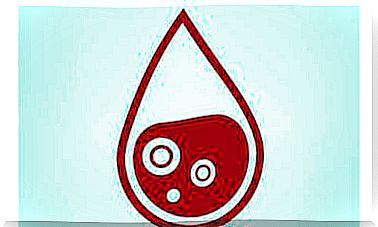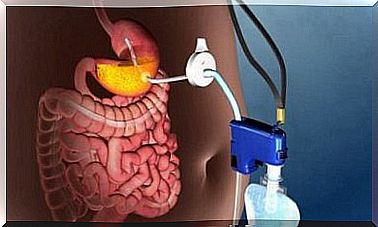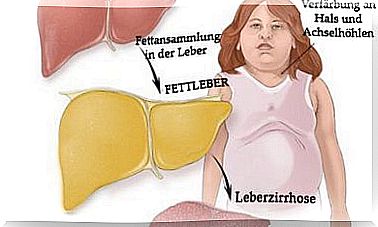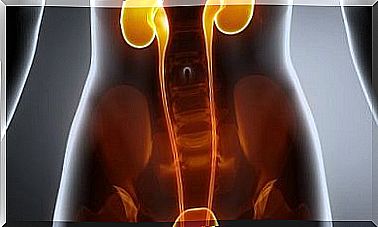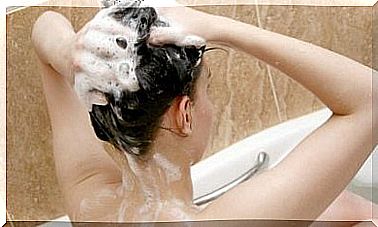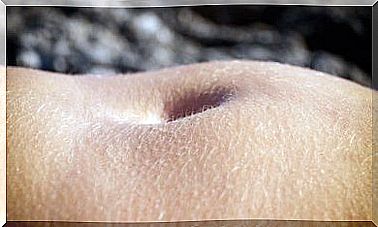How Do You Heal Aphthae And Wounds In The Mouth?
Mouth sores can arise for a variety of reasons, but the solution is similar. We’ll tell you how to alleviate it and how to avoid it occurring in the future.
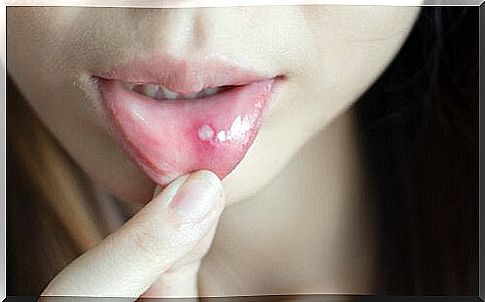
Aphthae and sores are small injuries in the lining of the mouth. Although they are not large, they often cause uncomfortable pain. They are particularly irritated by cold, hot, crispy or acidic foods, which can be very uncomfortable.
Healing is made difficult due to the dampness of the mouth and the consumption of food. Therefore, seek a quick and effective solution that can heal the painful aphthous ulcers and sores in the mouth. In this article we will tell you all about it.
Why do aphthae and sores appear in the mouth?
While these wounds are very common, it is unclear why they occur. What is certain is that wounds and canker sores cause pain and discomfort both when speaking and when eating. They can be simple or complex.
The simple ones occur several times a year and last about a week. The complexes are less common and usually affect people who previously had some type of mouth ulcer. Their occurrence can have various causes. These are some factors that cause them:
- According to this study by the Faculty of Dentistry at Complutense University in Madrid, the stress could be linked to the symptoms.
- Consumption of acidic foods and citrus fruits.
- Injury from food or utensil.
- Nutritional problems or gastrointestinal illness (although there is no scientific evidence for this).
- braces
You have to watch out for aphthae and herpes, which can look the same. Cold sores are caused by a virus and can be contagious, but aphthae are not. Herpes can also appear on other parts of the face, such as the lips, nose, and chin.
If you have a mouth ulcer, symptoms include burning and a painful tingling sensation. There will also be white or grayish blisters, with redness around the edges. Fever and swelling of the lymph nodes may also occur.
Fortunately, mouth ulcers and sores almost always go away on their own. While the pain is uncomfortable, it is important to avoid touching your tongue or teeth to avoid making the problem worse. Then within 7 to 10 days they are just a bad memory.
Natural remedies for aphthae and wounds
salt
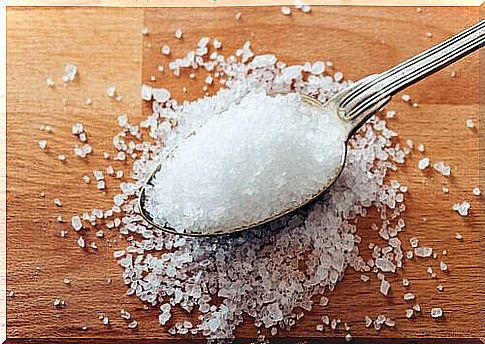
Salt is one of the cheapest and most effective antiseptic agents out there. It helps to heal wounds naturally. All you need to do is dissolve a teaspoon of salt in a glass of warm water and use it to rinse your mouth, especially where the wound is. spit out the water and repeat the process at least three times a day. Slowly the pain and discomfort will recede.
Baking soda
Like salt, baking soda is an effective antiseptic in these cases. Mix it with half a glass of water and wash your mouth out with it, but don’t swallow it. You can also use a little water to make a paste that you can apply directly to the aphthous ulcers and wounds. Let it work there for a few moments. Then rinse it out with water without rubbing.
Hydrogen peroxide
Another cure for mouth ulcers, according to research from the University of Barcelona. To do this, take a cotton swab and dip it in hydrogen peroxide. Apply it directly to the affected area three times a day. It reduces pain and prevents possible inflammation.
Mouthwash
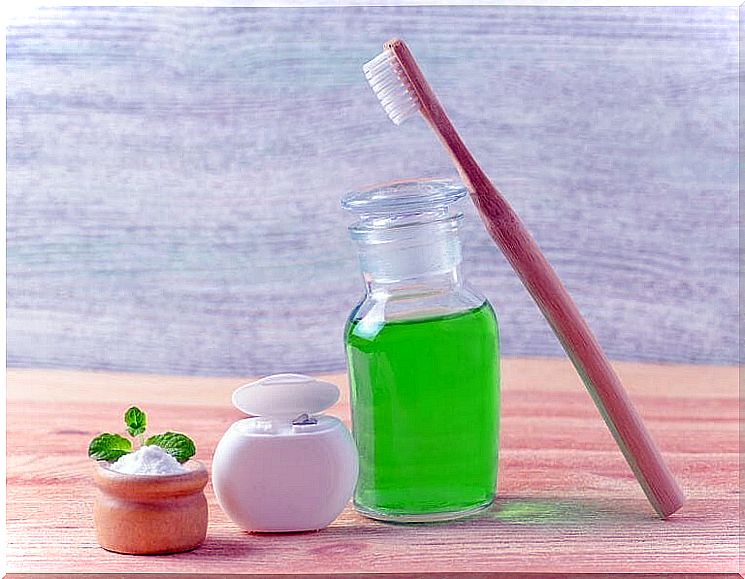
Mouthwashes are a great way to quickly calm down that uncomfortable feeling in the mouth. It provides instant relief and controls bacteria build-up. Don’t use too much of it, especially if it’s very strong, as it could burn.
ice
Ice can also help relieve inflammation in the mouth and relieve pain. According to a study by the Universidad de las Americas, it acts like a sedative. Put an ice cube on the affected area as often as needed.
Do you recommend yogurt?
It was believed that thanks to the acidity of milk and the bacteria in it, yogurt would help change the pH composition of the mouth and control the formation of new bacteria. However, many studies have shown that the occurrence of mouth ulcers can be directly related to the consumption of dairy products, but also of flour, tomato peels or nuts.
Tips to prevent aphthae and sores from occurring
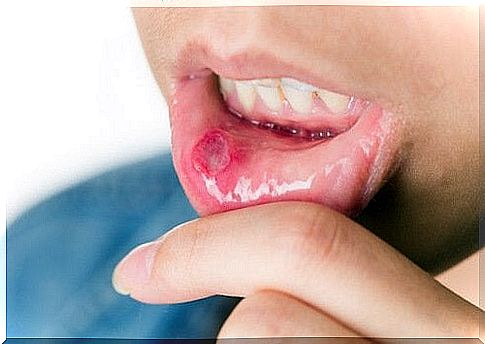
Vitamin or mineral deficiencies can cause canker sores and sores in the mouth. Therefore, you should incorporate these into your diet. Other triggers include anemia due to a lack of these elements ( sometimes caused by intestinal malabsorption ), celiac disease, and Crohn’s disease. Include iron-rich foods in your diet, such as leafy green vegetables, whole grains, and milk, to name a few.
Be careful when brushing your teeth, as this can also cause wounds. The same applies to crispy foods such as cookies, chips or crispbread. Also, avoid acidic or spicy foods, chewing gum, and floss daily to keep your mouth clean and healthy.

